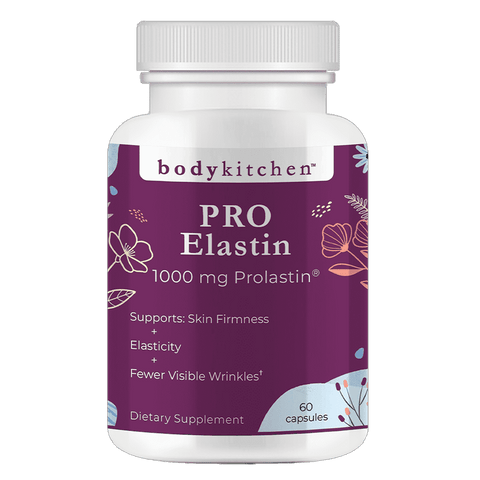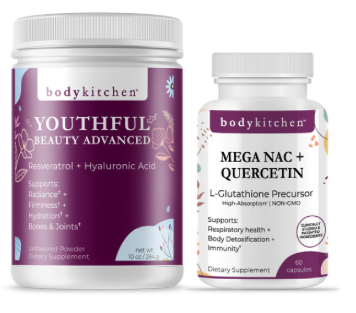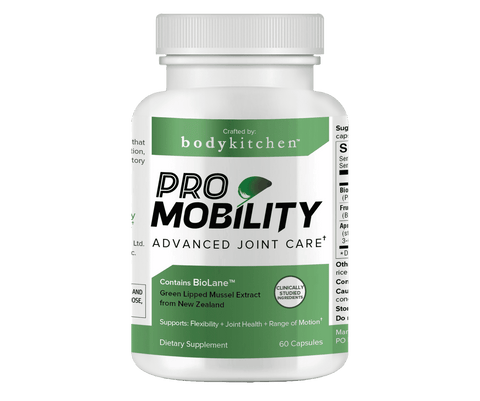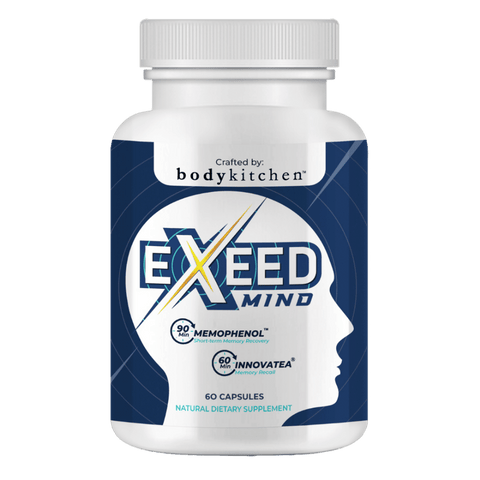MENTAL ACUITY AND BRAIN HEALTH
Alzheimer's Disease International reports that someone in the world experiences symptoms of dementia for the first time once every three seconds. Many people mistakenly believe that dementia is an unavoidable consequence of growing older, but in truth, many seniors never develop the condition. Taking steps to support mental acuity now could potentially lower your risk of becoming a statistic. Read on to find out what mental acuity's meaning is and what you can do to promote brain health.
MENTAL ACUITY DEFINITION
So what is mental acuity? The term refers to the ability to concentrate, reason, and remember information at a normal speed. When a person has a high degree of mental acuity, they can focus on tasks with ease, solve problems, analyze data and recall facts with relative ease. Of course, everyone can be forgetful, struggle with challenging tasks or find it hard to give full attention from time to time. That's why mental acuity is based on trends over time. People with low mental acuity experience these problems frequently and often interfere with daily life consistently.
TYPES OF COGNITIVE IMPAIRMENT
If someone has low mental acuity, they are often considered to have cognitive impairment. There are many types of cognitive impairment that doctors diagnose. Two common types include:
- Mild cognitive impairment (MCI). People with MCI may find it hard to follow instructions or make well-thought-out plans. They may also need reminders to perform daily tasks. Medication, stroke, and traumatic injury are common causes of MCI. Depression, anxiety, and sleep deprivation may also cause the condition.
- Alzheimer's disease. Alzheimer's disease occurs when protein builds up in the brain, causing the death of cells. This degeneration makes it increasingly complex for people to perform mental tasks. Eventually, Alzheimer's can affect communication, learning, and facial recall. People with the disease often experience sleep problems, lack of balance, muscle stiffness, and tiredness. According to the National Institute of Aging, roughly 8 out of every 10 people who have MCI will develop Alzheimer's within seven years. Overall, the disease affects 1 to 3 percent of people over the age of 65.
Many other conditions can cause symptoms similar to Alzheimer's. Even doctors can misdiagnose problems with mental acuity. Monitoring your mental acuity can provide a valuable resource to inform your physician if you ever begin to suffer from potential signs of MCI or Alzheimer's.
HOW TO INCREASE MENTAL HEALTH
While there is no cure for Alzheimer's, research suggests that you may be able to increase mental acuity by taking certain steps to promote brain health:
-
PRACTICE GOOD BRAIN HEALTH NUTRITION.
Like every part of your body, your brain requires nutrients to function properly. Scientific inquiry has shown that the Mediterranean diet includes some of the best foods for brain health. With this diet, most of your calorie intake comes from fresh fruits and vegetables and healthy fat sources like nuts, fish, and olives. One study found that the Mediterranean diet was especially effective at lowering the risk for cognitive problems when combined with the DASH diet for hypertension, which emphasizes reducing sodium and increasing intake of fiber, potassium, calcium, and magnesium. The MIND diet also includes foods good for brain health like berries, whole grains, poultry, fish, nuts, and leafy green vegetables. A registered dietitian can help you develop a brain nutrition diet filled with foods that you enjoy.
-
EXERCISE REGULARLY.
Early findings of a study into the benefits of exercise for Alzheimer's indicate that staying physically fit can help your brain as well as your body. Smaller studies found a link between exercise and physical acuity in middle-aged women. Some researchers believe that exercise may support brain health by increasing oxygen levels to the brain or making protein plaque buildup in the brain less likely to occur.
-
TRY BRAIN HEALTH SUPPLEMENTS.
No magic pill can instantly give you better mental acuity; however, research has revealed that certain nutrients and plant extracts may help supplement a healthy diet to promote brain health. Ingredients commonly used in brain health supplements include:
- Extracts from fruits that are high in antioxidants, nutrients that fight the damaging effects of free radicals in the environment, like grapes and blueberries
- Natural caffeine extracted from coffee or tea, which enhances alertness and may help improve focus
- Arjuna extract, which has been used in Ayurveda to support brain health for centuries
- Cocoa bean, which contains theobromine, a substance that supports blood circulation to the brain
- Lutein, a carotenoid that is naturally present in the human eye and also found in many fruits and vegetables
All these nutrients can be hard to find in one single supplement, but there are brands like Body Kitchen that put effort to fill this gap. Formulas like EXEED Mind are strategically designed to include a variety of these brain-boosting nutrients. Body Kitchen understands that not all supplements are of the same quality, that’s they you’ll find clinically-studied ingredients in all their formulas.
-
KEEP YOUR BRAIN BUSY.
Research has continuously shown that keeping your brain active can help support mental acuity. You can:
- Learn to play or practice a musical instrument
- Perform brain teasers, word puzzles, crossword puzzles, and other brain games
- Listen to recorded or live music
- Enjoy activities that require fine motor control like needlepoint and gardening
- Play board games and sports
- Journal
- Engage in creative activities like drama, dance, crafting, and painting
















